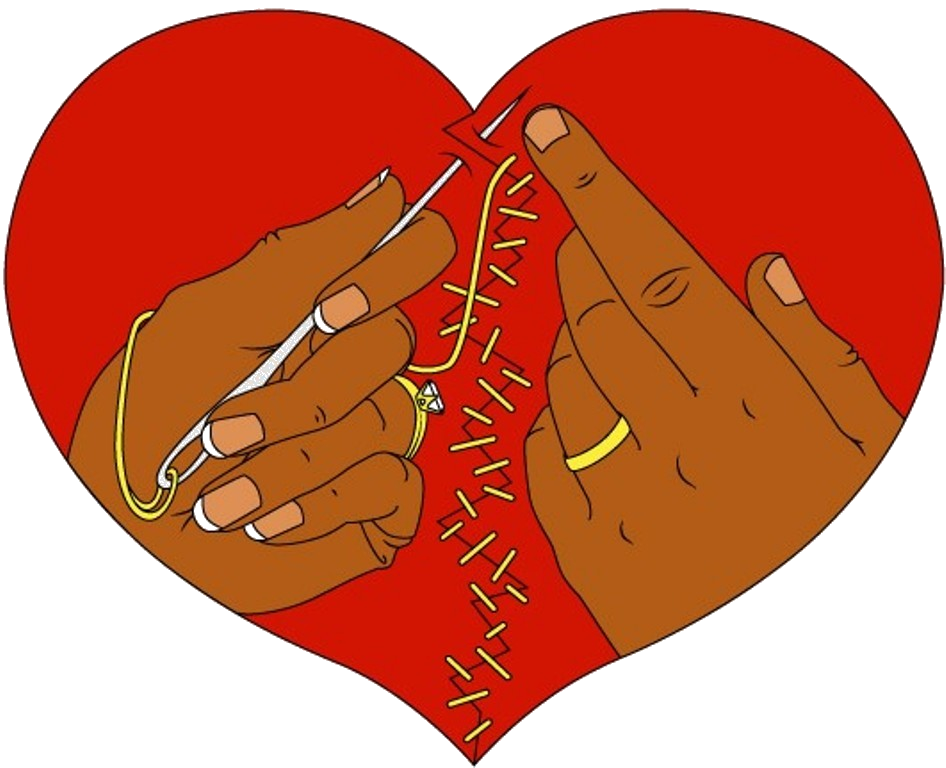The Family
Family relationship styles are dominant forces that lurks in the shadows and backgrounds of every relationship. Families and individuals have a general style and way of relating to each other. Every tribe passes its relationship style to the next generation. For most, these relationship styles continue throughout adulthood and their subsequent relationships.
What type of family do you come from, moreover, what kind of connections are you creating? Good, bad or indifferent, they are family. Our background gives us the template we use to connect with and communicate with the others. Some skills are beneficial while others are detrimental. Traditions, holidays, funerals and crises provide the best measure to determine your type of family. As stated previously, functional families look similar. It is crises and anxiety events that mark and identify a family’s coping and survival skills.
The pack is an example of how a family functions at its best even with the threat of a crisis. This is why many families will look like a pack when they are not in crisis management mode. It is also why many families aspire to the virtues of a pack. Fortunately, families change and mature as they cycle through different developmental milestones. The arrival of children, toddler years, school-age years, teenage years, the launching of children, back to being a couple, and finally, the visits of grandchildren are just a few milestones to name.
Getting It Right
Successful families and individuals adjust and change with each successful crises and family-life cycle. They mature, cope, and grow with the different developmental stages. Those individuals aspire to recreate better connections than their family of choice. Without self-awareness, hard work, and forgiveness, we can only advance as far as our primary caregivers. We cannot go back to create a pack within our beackground if one doesn’t exist. We can only create a pack with the people we lead and have a direct influence.
Every family can become a pack. However, some families get stuck in a cycle or become comfortable with their current ways of coping and problem-solving. They fail to evolve and mature to the next level. They subsequently, pass on their impairments and dysfunctions to the next generation. The upcoming generation launches from an impaired level with unfinished business from previous generations. Therefore we must sometimes emotionally return home to mature and grow to the next stage.
Forgiveness
It is imperative that we forgive the previous generation. In other words, we must accept our family without shame, guilt, or regret. It is that forgiveness that changes our paradigm allowing us to move on to the next level of interdependence without impairments. We must deal with dependence and independence issues before we are capable of interdependence. We must fully develop a sense of self before we can create a sense of family.

